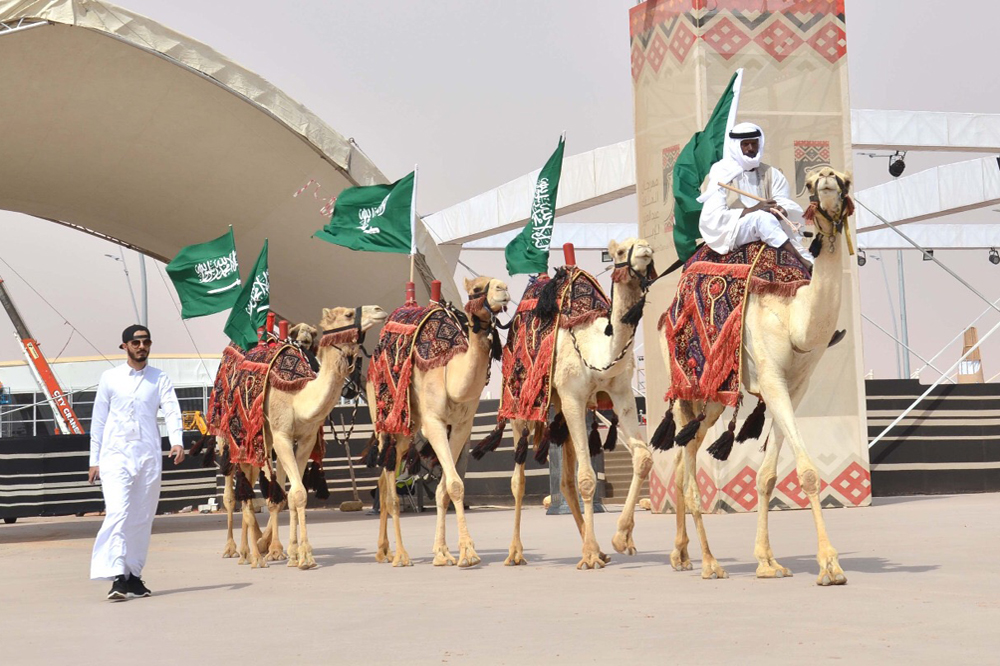
When it comes to camels, no other nation does it better than Saudi Arabia, a country known for feats such as setting a world record in September last year for its Crown Prince Camel Festival, named the World’s Largest Camel Sporting Event in 2018, and this year for Princess Jamila Bint Abdul Majeed Bin Saud Bin Abdulaziz becoming the first Saudi woman in history to compete in camel racing in the Kingdom. This year, another camel-related sensation that Saudi Arabia is known for is back and even bigger than ever.
The renowned King Abdul Aziz Camel Festival, known as the largest camel festival in the world, is back for its fourth edition. This cultural heritage event, which will begin in a couple weeks on November 1, promises to bring in numerous contestants looking to have their camels compete in races and show competitions, and to take home millions of riyals in prize money.
Speaking on the upcoming launch of the King Abdul Aziz Camel Festival,Fahd bin Falah bin Hithlin, chairman of the board of directors of the Saudi Camel Club,thanked Saudi Arabia’s King Salman and Crown Prince Mohammed Bin Salman for their continuous support of the annual festival and for their unwavering focus to grow the country’s economy through its tourism, culture, and heritage sectors.According to Arab News, Hithlin also explained that “measures had been taken to enhance the programs and activities” of this year’s edition such asthe inclusion of “new contests such as one for Fahl camels, a Hajjij camel contest — for the first time at the King Abdul Aziz Camel Festival — and a Tabe’ contest.”
The much-anticipated festival is not only an opportunity for camel owners to compete and enthusiasts to watch the fun, it is also part of larger efforts by Saudi Arabia over the past few years to grow its economy and improve the overall quality of life for its citizens like never before. Furthermore, in order to diversify its economy and open its doors to more visitors and investors, the Kingdom is carefully trying to balance the reactions of some of its more conservative population. One approach has been to emphasize and celebrate the more traditional aspects of Saudi culture, one of which is the camel, used for centuries for food, transport, and even in war.

















